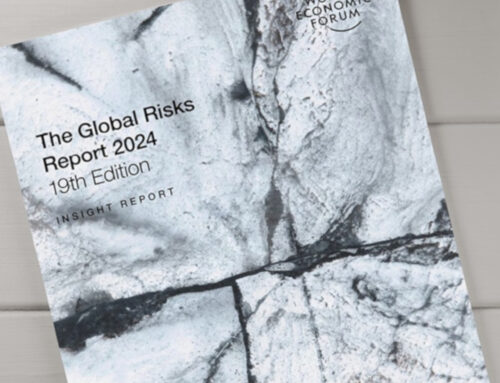

2020 election year enters debate season
Share this
The first presidential debate will be held on Tuesday in Cleveland at 9:00 PM (Eastern) and will run uninterrupted for 90 minutes. This will be the first of three debates. The second debate will be in Miami on October 15, and the third set for Nashville, October 22. The first debate will be moderated by Chris Wallace, the anchor of “Fox News Sunday,” who has full discretion in picking the debate topics. He chose Trump’s and Biden’s records, the Supreme Court, the coronavirus pandemic, race issues, the economy, violence in cities and the integrity of the election. There will be 15 minutes to discuss each topic.
According to polls, roughly two-thirds of respondents described Presidential debates as either somewhat or very helpful in forming their preferences. And the debates, particularly the first, can produce a meaningful shift in public opinion. However, at this point in time very few voters are still undecided or open to changing their minds. To date, both sides have been playing the expectations game, trying to ensure their candidate’s performance is perceived as a “win.” Biden continues to lead Trump in most head-to-head general election polls, and a good debate performance by Trump could help his polling numbers. As mentioned, there are two more presidential debates to go, but first debates, like first impressions, have a way of sticking to candidates.
Last week was Voter Registration Week Across the U.S. and to help ensure that employees have the resources needed to cast their ballots this year, Zurich launched its own Voter Action Center earlier this month. This tool provides employees information on registering to vote, how to request an absentee/mail-in ballot, locate their polling location and so much more. You can do that too by visiting vote.gov. In addition, Zurich updated its Civic Duty Policy to ensure that U.S. employees, who are registered to vote and scheduled to work on an election day, are permitted to take as much paid time as needed to go vote.
By: Gregg Sheiowitz
Vice President, Head of Federal Affairs at Zurich North America

2020 election year enters debate season
Share this
The first presidential debate will be held on Tuesday in Cleveland at 9:00 PM (Eastern) and will run uninterrupted for 90 minutes. This will be the first of three debates. The second debate will be in Miami on October 15, and the third set for Nashville, October 22. The first debate will be moderated by Chris Wallace, the anchor of “Fox News Sunday,” who has full discretion in picking the debate topics. He chose Trump’s and Biden’s records, the Supreme Court, the coronavirus pandemic, race issues, the economy, violence in cities and the integrity of the election. There will be 15 minutes to discuss each topic.
According to polls, roughly two-thirds of respondents described Presidential debates as either somewhat or very helpful in forming their preferences. And the debates, particularly the first, can produce a meaningful shift in public opinion. However, at this point in time very few voters are still undecided or open to changing their minds. To date, both sides have been playing the expectations game, trying to ensure their candidate’s performance is perceived as a “win.” Biden continues to lead Trump in most head-to-head general election polls, and a good debate performance by Trump could help his polling numbers. As mentioned, there are two more presidential debates to go, but first debates, like first impressions, have a way of sticking to candidates.
Last week was Voter Registration Week Across the U.S. and to help ensure that employees have the resources needed to cast their ballots this year, Zurich launched its own Voter Action Center earlier this month. This tool provides employees information on registering to vote, how to request an absentee/mail-in ballot, locate their polling location and so much more. You can do that too by visiting vote.gov. In addition, Zurich updated its Civic Duty Policy to ensure that U.S. employees, who are registered to vote and scheduled to work on an election day, are permitted to take as much paid time as needed to go vote.
By: Gregg Sheiowitz
Vice President, Head of Federal Affairs at Zurich North America




